Air India (AI, Delhi International) is nearing the end stages of negotiations with Airbus and Boeing regarding a record-breaking aircraft order, with Reuters reporting that the Tata Sons-owned airline is eyeing orders for up to 500 aircraft including 400 narrowbodies and 100 widebodies.
Tata acquired Air India in January and has since been busy reorganising the flag carrier and its subsidiaries. That included buying the remaining Capital A-held stake in AirAsia India and moving to merge it with Air India Express, and renegotiating a "strategic relationship" with Singapore Airlines that involved that airline surrendering its 49% stake in Vistara in exchange for a 25% stake in Air India. Tata Sons has also demonstrated a willingness to invest in its recently acquired airlines, most recently saying it would spend USD400 million on upgrading the cabins of Air India's widebody fleet.
That willingness to invest continues with this impending aircraft order, which is speculatively valued at over USD100 billion at list prices and in volume terms would be the largest aircraft order ever. Reuters said, quoting "industry sources", that the "finishing touches" are being put on the order while India-based media claimed that a final decision on the size and composition is not yet finalised and any announcement is still weeks away.
However, Tata Sons is said to be looking at ordering "dozens" of unspecified types of A350s, B777s, and B787s to enlarge and update its widebody fleet, while in the narrowbody mix are the A321 and B737 MAX. At least fifty MAX jets are reportedly destined for budget unit Air India Express.
According to ch-aviation Commercial Aviation Aircraft Data data, Air India now operates 120 aircraft. When the merger with Vistara is complete, a further 56 aircraft will be added to the tally. Presently, the two airlines fly Airbus narrowbodies and Boeing widebodies. Since Tata Sons acquired Air India, it has been bullish about its plans for restoring the airline to its former glory and recapturing lost market share. As recently as November, CEO Campbell Wilson said that investment plans were well advanced to increase its size.
- Type
- Base
- Aircraft
- Destinations
- Routes
- Daily Flights
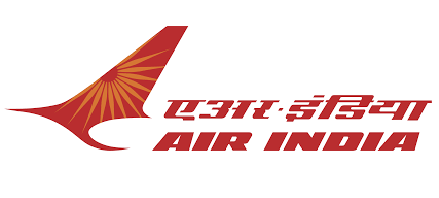
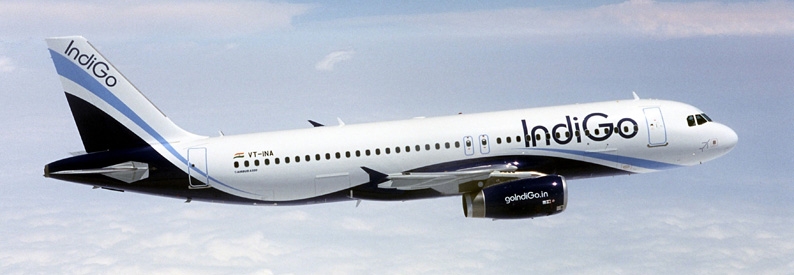
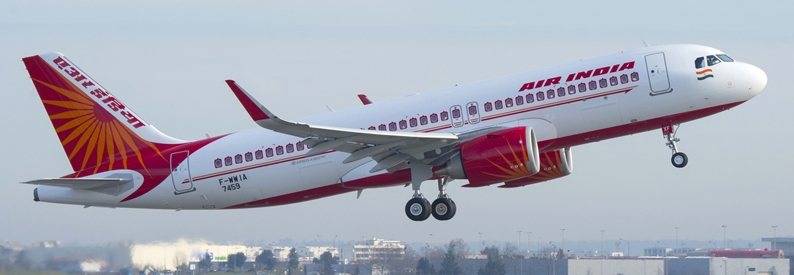
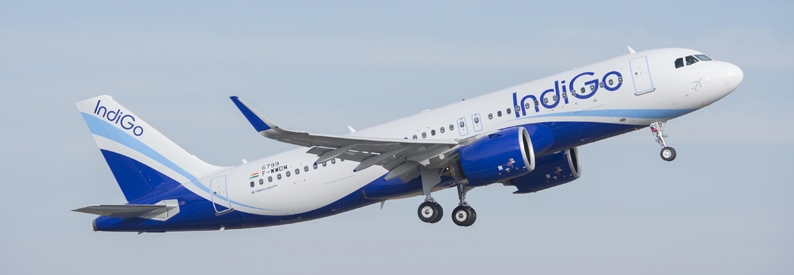
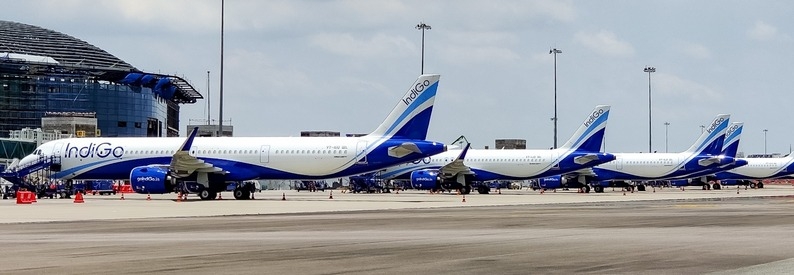
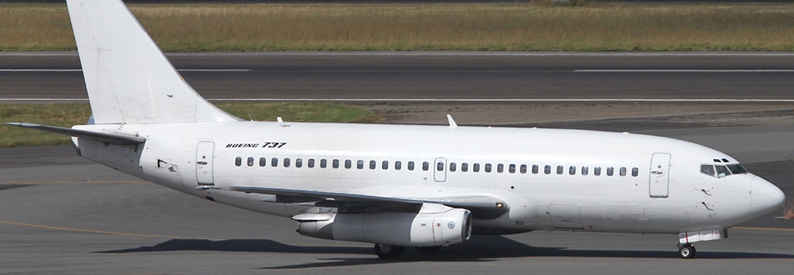
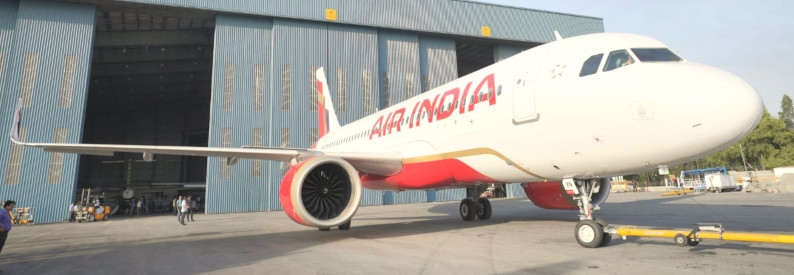
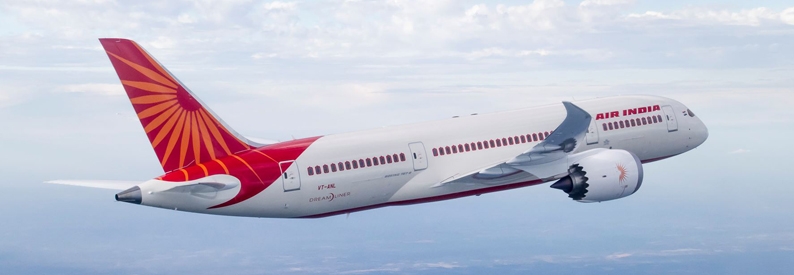
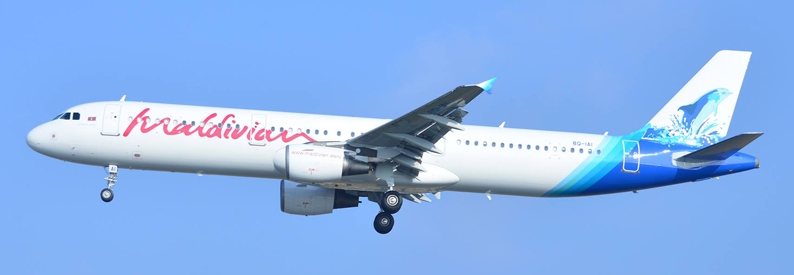
Editorial Comment: Corrected the article as Capital A held a stake in AirAsia India, not Air India Express. - 15Dec2022 - 18:48 UTC